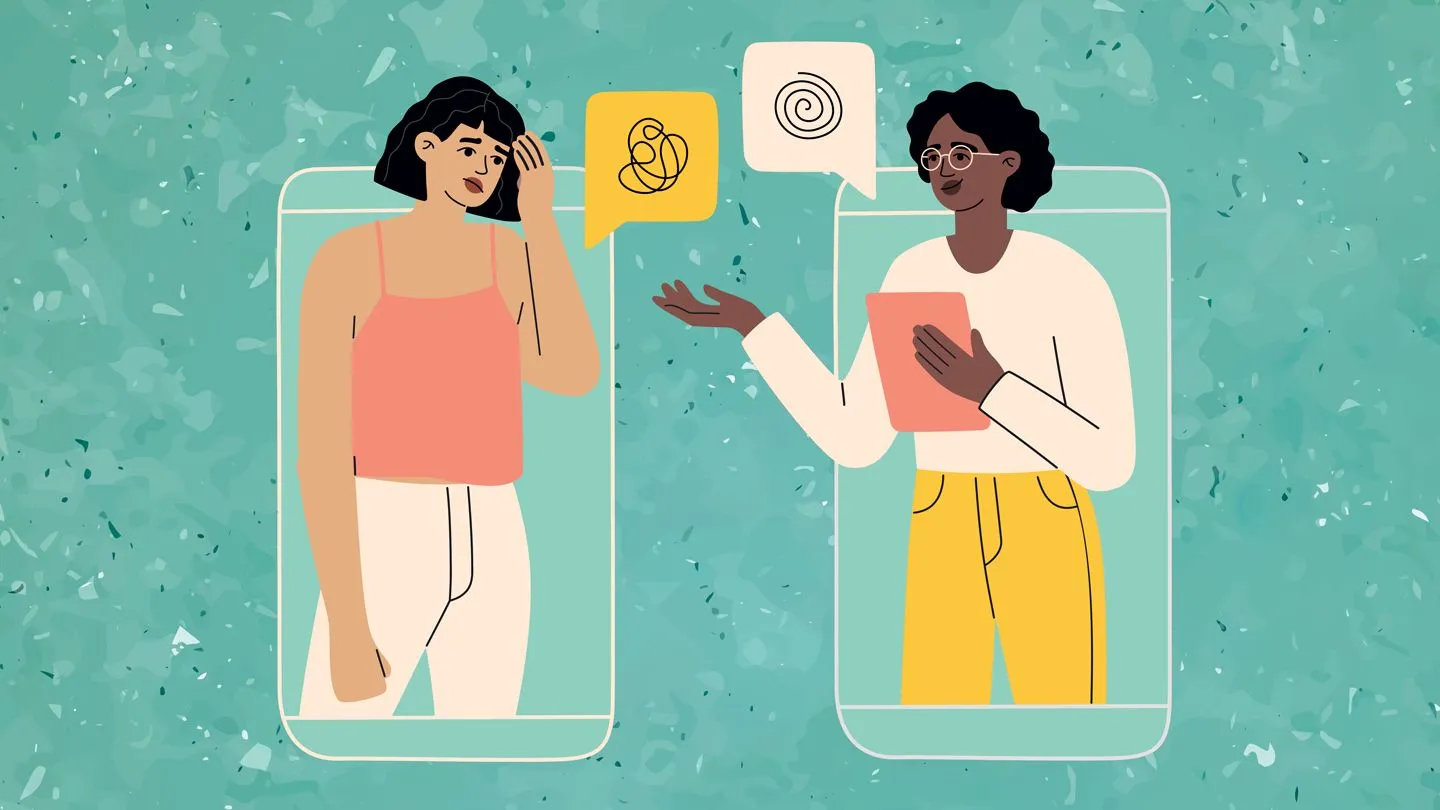Depression is a complex and often misunderstood mental health condition. While everyone experiences sadness from time to time, deep depression—also known as major depressive disorder (MDD)—goes beyond just feeling blue. It can affect every aspect of your life, from how you feel about yourself to how you interact with others. So, what are signs of deep depression? Let’s dive into the symptoms and explore why it’s crucial to seek help.
What is Deep Depression?

Deep depression is not just a fleeting sense of sadness or temporary stress; it’s a persistent and intense form of depression that impacts daily functioning. It’s more than just feeling down; it’s a state that affects a person’s emotional, physical, and cognitive well-being. Major depressive disorder is characterized by prolonged periods of sadness, hopelessness, and a lack of interest in previously enjoyed activities.
Common Signs of Deep Depression
Persistent Sadness
One of the hallmark symptoms of deep depression is a pervasive sense of sadness that doesn’t seem to lift. It’s more than just feeling sad; it’s an overwhelming sense of despair and hopelessness that colors every aspect of life. This sadness often feels endless and can make it challenging to see any light at the end of the tunnel.
Loss of Interest or Pleasure
A person experiencing deep depression often loses interest in activities they once enjoyed. Hobbies, social events, and even basic daily activities can become meaningless. This loss of pleasure, known as anhedonia, can be especially alarming because it disconnects individuals from the things that once brought them joy.
Significant Changes in Appetite and Weight
Depression can lead to significant changes in eating habits. Some people may experience a noticeable increase in appetite and weight gain, while others may lose their appetite, leading to weight loss. These changes in eating patterns can be both a symptom and a consequence of deep depression.
Sleep Disturbances
Sleep issues are common in deep depression. Individuals may struggle with insomnia, finding it difficult to fall or stay asleep, or they may sleep excessively, feeling tired even after a full night’s rest. These disruptions in sleep can further exacerbate feelings of fatigue and hopelessness.
Fatigue and Low Energy
Feeling persistently tired and lacking energy is a significant sign of deep depression. Even simple tasks can feel exhausting, and individuals may find it challenging to muster the energy to engage in everyday activities. This constant fatigue can contribute to a sense of hopelessness and despair.
Difficulty Concentrating
Depression can make it hard to focus and concentrate. Individuals may find themselves easily distracted or unable to complete tasks that were once routine. This cognitive impairment can affect work, school, and personal relationships, compounding feelings of frustration and inadequacy.
Feelings of Worthlessness or Guilt
A person with deep depression may experience overwhelming feelings of worthlessness or excessive guilt. They might constantly criticize themselves and dwell on past mistakes or perceived failures. These negative thoughts can be persistent and intrusive, making it difficult to maintain a positive self-image.
Suicidal Thoughts or Behaviors
One of the most severe signs of deep depression is the presence of suicidal thoughts or behaviors. Individuals may feel overwhelmed by their emotions and contemplate self-harm or suicide as a way to escape their pain. This is a serious symptom that requires immediate attention and intervention.
Read more about “How to Know You Suffer From Depression?” on our blog page now!
Why Recognizing These Signs Matters

Understanding the signs of deep depression is crucial for several reasons. First, recognizing these symptoms can help individuals seek appropriate help and support. Depression is a treatable condition, and early intervention can lead to more effective management and recovery.
Second, awareness of these signs can also help loved ones provide support and encouragement. If you notice someone exhibiting these symptoms, it’s important to approach them with empathy and offer help in finding professional support.
Seeking Help: The Path to Recovery
If you or someone you know is experiencing signs of deep depression, it’s important to seek help. Here’s how you can take steps toward recovery:
Consult a Mental Health Professional
A mental health professional, such as a psychologist, psychiatrist, or counselor, can provide a thorough assessment and diagnosis. They can offer therapy, medication, or a combination of both, depending on the severity of the depression.
Reach Out to Support Networks
Support from friends, family, and support groups can play a vital role in recovery. Talking about your feelings and experiences with trusted individuals can provide emotional support and help you feel less isolated.
Practice Self-Care
While professional treatment is essential, self-care can complement the healing process. Engaging in activities that promote physical and emotional well-being, such as exercise, healthy eating, and mindfulness, can support recovery.
Follow Treatment Plans
If prescribed medication or therapy, it’s important to follow the treatment plan as recommended by your healthcare provider. Consistency in treatment can lead to better outcomes and improved quality of life.
If you’re looking for a trusted Arlington Depression Treatment Center, just give Elysian Psychological Services a call now! Our experts are always ready to help you.
Educate Yourself and Others
Educating yourself about depression and mental health can empower you to understand and manage your condition better. Sharing this knowledge with others can help reduce stigma and promote a more supportive environment for those struggling with mental health issues.
Final Thoughts
Deep depression is a serious mental health condition that can have profound effects on an individual’s life. Recognizing the signs and symptoms is the first step toward seeking help and finding relief. If you or someone you know is experiencing deep depression, don’t hesitate to reach out for support. Remember, treatment and support are available, and recovery is possible.
By understanding and addressing the signs of deep depression, we can work towards a more compassionate and informed approach to mental health, ensuring that those affected receive the help they need to lead fulfilling and hopeful lives.
Feeling overwhelmed by persistent sadness or other signs of deep depression? Don’t face it alone—reach out to Elysian Psychological Services today. Our experienced therapists are here to help you understand and manage your symptoms effectively. Take the first step towards a brighter tomorrow by contacting us now. Your path to recovery starts here.


